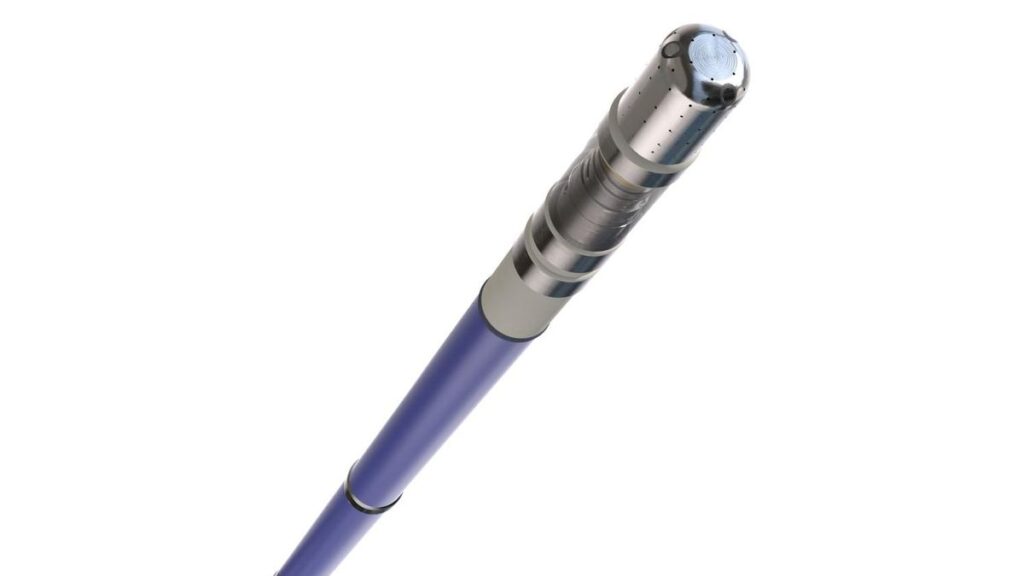Johnson & Johnson has linked its Qdot Micro radiofrequency (RF) catheter to improved quality of life in patients with paroxysmal atrial fibrillation (AFib).
The single-arm study found that, compared to baseline, scores on an AFib quality-of-life scale improved and use of antiarrhythmic drugs fell after people underwent treatment with the device.
Qdot Micro, which received approval in the U.S. in 2022, is set to face competition from pulsed field ablation (PFA) devices. A Boston Scientific study suggests PFA and thermal ablation result in similar levels of improvement in quality of life.
Qdot Micro is temperature-controlled, contact force-sensing, RF catheter. The temperature control feature supports the use of higher radiofrequency power in short bursts, an approach that J&J sees as a way to improve efficacy without compromising safety. J&J published 12-month data on the effectiveness of the device in its Q-FFICIENCY study earlier this year.
The latest update, which was published in the Journal of Cardiovascular Electrophysiology, covers more data from the Q-FFICIENCY trial.
J&J subsidiary Biosense Webster supported the study.

